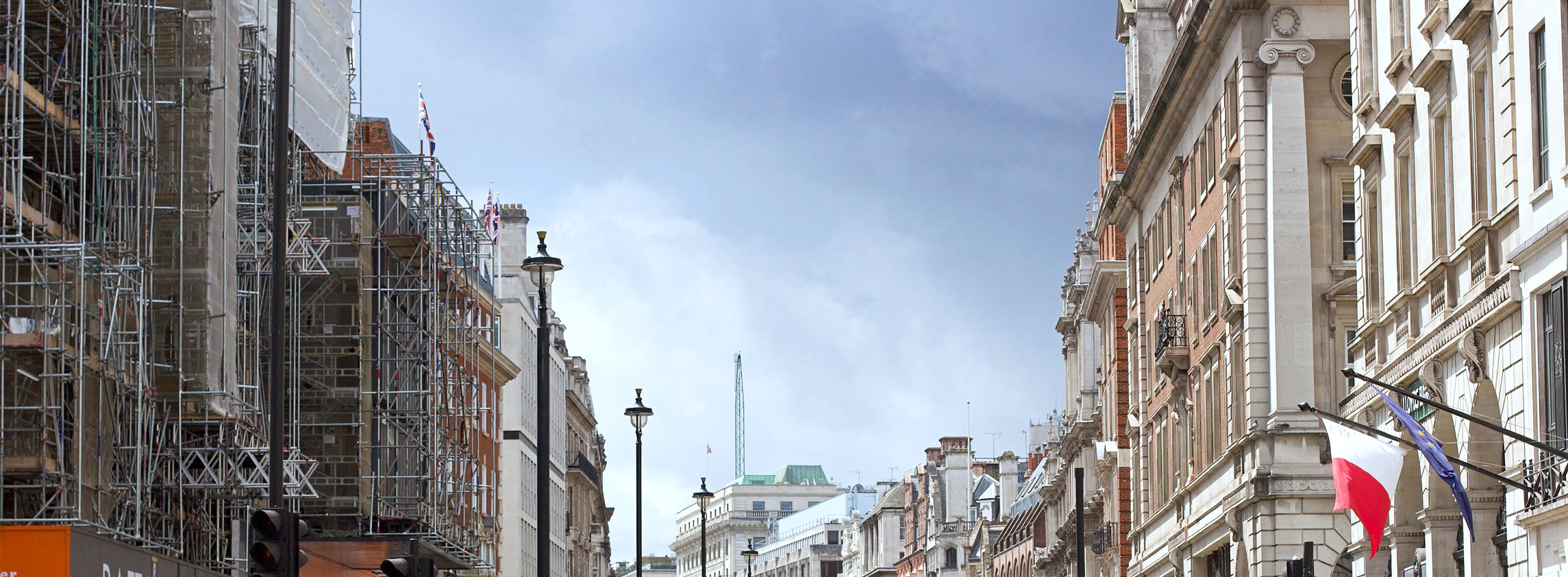Lockdown constricts momentum in West End, but key investment themes endure
Over the past five years, an average of £583m has transacted in January, typically spread across at least 10 transactions. This year, in a sharp reversal of momentum from what had been a near-record Q4, only four transactions took place, amounting to a combined volume of £126.7m.
The scale of divergence from typical January figures is perhaps unsurprising, given heightened Covid caution and the imposition of a nationwide lockdown at the start of the month. This has had the dual effect of both damaging buyer conviction and encouraging several would-be vendors to delay launches until more normalised conditions return.
Notwithstanding this, we have seen a continuation in the key trends from last year, namely buyer pursuit of well-located assets with strong existing and/or future leasing prospects. On top of this, there are signs of opportunistic capital, buoyed by a number of failed sales from last year, picking over options in the absence of normally dominant overseas buyers.
The largest transaction in the month, Mayfair’s Savile Row Police Station, was sold by The Metropolitan Police to The Portfolio Club/APG for over £55m despite having no planning consent in place and limited additional massing potential. The interest at stake was part freehold/part long leasehold, and a future scheme across the whole site (which indicative studies imply could comprise c.46,000 sq ft NIA) will require consent of the part freeholder, The Pollen Estate.
Nevertheless, it represented an increasingly scarce ‘blank canvas’ opportunity to carry out ground-up development in the West End’s prime submarket, and competition amongst bidders was accordingly strong across the office, residential, and hotel sectors, driving pricing over 30% ahead of quote.
In another value-add transaction, Montrose Land/Ashby Capital acquired the Royal National Institute of Blind People’s long leasehold interest in 105 Judd Street, WC1, for circa £44m, which reflects £770 per sq ft. The vendor currently occupies the building and the transaction is being structured as a two-year sale and leaseback, after which the purchaser will reposition the property and aim to capitalise on its proximity to King’s Cross and Euston.
The other major transaction in the month was the 94-year long leasehold interest in 123 Pall Mall, SW1, which Savills sold on behalf of a private Irish investor for £21.03m. The property, which comprises 21,101 sq ft of Grade A office space let to five tenants for a remaining 3.1 years, was acquired by an Asian investor for £21.03m, which reflects a net initial yield of 5.43% following deduction of the head-rent due to the freeholder, Coldunell Limited.
With c.£1.1bn worth of stock currently under offer and c.£1.7bn (70+ assets) known to be available, we would ordinarily expect Q1 figures to stand broadly in line with the five-year average of c.£1.5bn, but note again the current lockdown, ongoing global uncertainties, travel restrictions and, on a practical level, barriers to inspecting and transacting assets. As we approach the Q1 rent payment date and imminent removal of the moratorium on tenant evictions, we will be closely monitoring the dynamics of landlord/tenant relationships and, as pressure builds on valuations in certain sectors, the attitudes of lenders towards sponsors.
Based on the most recent evidence and observed sentiment, Savills prime West End yield stands at 3.50% and, in an illustration of the market’s increasing polarisation, remains under downward pressure for core assets with resilient occupational prospects and strong ESG credentials. In contrast, the MSCI average net initial and equivalent yields moved out again to 3.75% and 4.86%, respectively.
